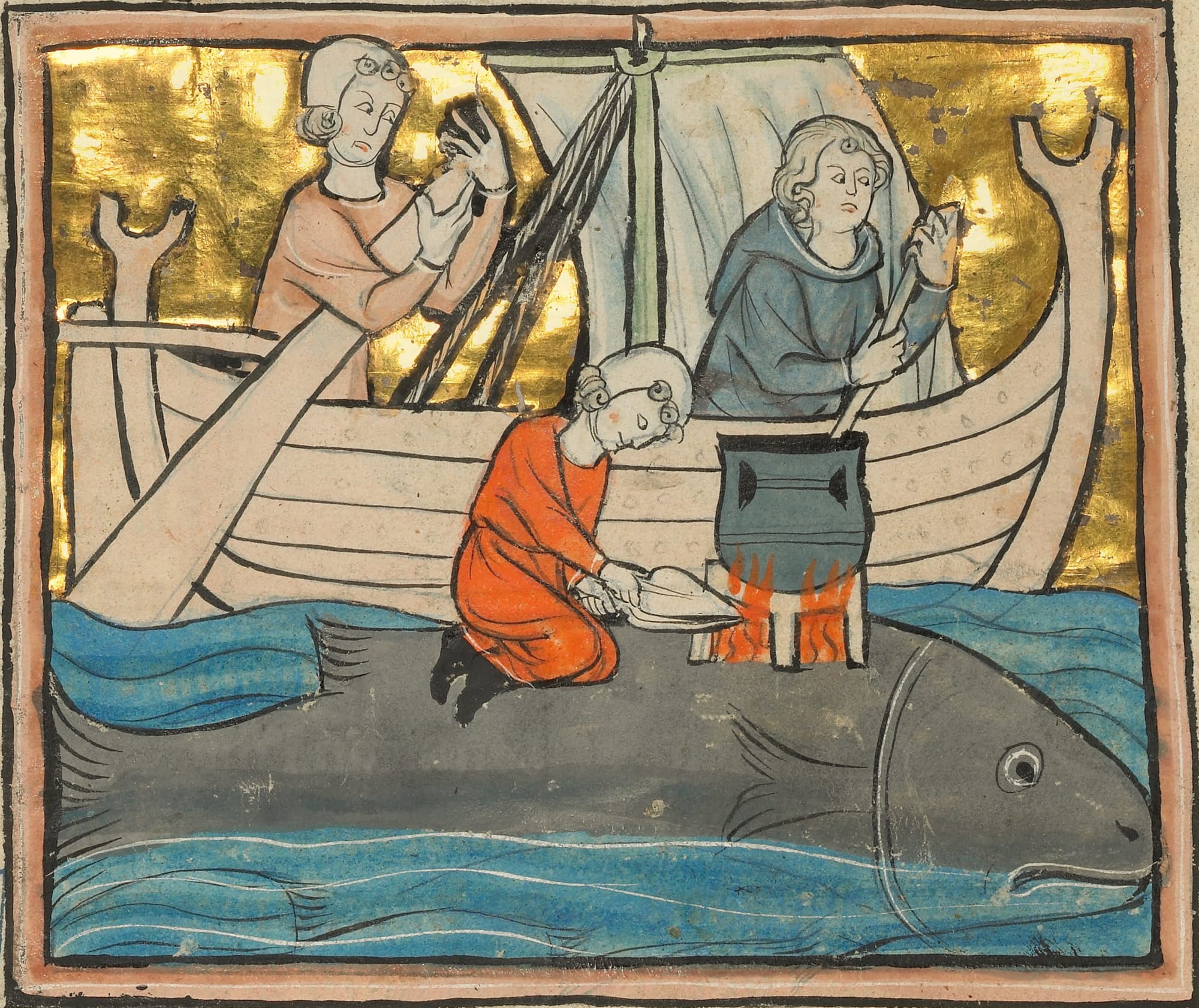In the 70s the United Kingdom struck black gold. The North Sea, which was most commonly used at the time for fishing, was discovered to have large deposits of oil and gas. The following rush to harvest it was extraordinary, with the UK, Norway, the Netherlands, Belgium and Germany all kicking up their efforts to take advantage of this new resource.
The economic consequences for Thatcher’s government, which lasted more than a decade, was immense. The UK started to export more oil than it imported for the first time ever, and the income gained came to make up 10% of her treasury’s revenue.
But what if that money was only a drop in the ocean of what it could have been? Thatcher's treatment of the resource, though bringing in a large profit, pales in comparisons to one key nation: Norway. Unlike the United Kingdom, Norway treated its oil like a public resource, nationalised its extraction so that the profits went entirely into the hands of the government. Thatcher, in keeping with her own neoliberal beliefs, handed the oil over to private companies.
The Natural Resource Governance Institute cites the United Kingdom raising $470 billion in revenue from North Sea oil, this is compared to a whopping $1197 billion for the Norwegian government. This is despite both countries extracting similar amounts of product. Business for Scotland also laments this loss, and lambastes a tax program which made the United Kingdom the only country to lose out in tax revenue to multinationals like Shell.
The sociologist and historian Guy Standing explains the situation wonderfully in his 2019 work, Plunder of the Commons:
‘Leaving aside the contentious issue of whether this is British or Scottish oil, it should have been exploited for the benefit of the whole of society. Applying the Hartwick Rule, future generations should also have benefited. Instead, there was a huge rental transfer to an elite and windfall gains for middle-income earner in the form of tax cuts.’
So whilst the UK has stood to gain relatively little compared to their Scandinavian neighbour, Norway has fully realised the capabilities of this resource. Their wealth fund, which was created shortly after the oil was discovered, is being used to make investments that attempt to guarantee the future well-being of the people; whether this building up the fund’s market strength, investing in local technology and infrastructure, or growing Norway’s renewable energy market.
On the fund’s own website, their real estate investment report has the London skyline as its front cover. The Norwegian government now has a sizeable portfolio of London homes, backed by a fund that is only outdone by China and the United Arab Emirates. This should embarrass the current government.
The benefits of the Norwegian model seem obvious, so why did Thatcher not follow in their footsteps, and make her country billions more in the process? Well that, like many political decisions, is down to ideology, and Thatcher, despite her economics now falling into the realm of “common sense”, was enthralled by it.
This ideology is what we now call “Thatcherism”, an especially British form of neoliberalism, which centred around the Austrian economist Friedrich Hayek and a special book of his called The Road to Serfdom. This book was to classical liberals what Mao’s Little Red Book was to Chinese Marxists. The most vital connection between her ideology and that of Hayek is perfectly summarised by the Margret Thatcher Foundation:
‘Two related elements of the book’s argument held a powerful place in MT’s long-term thinking. She absorbed deeply Hayek’s idea that you cannot compromise with socialism, even in mild social democratic forms, because by degrees socialism tends always to totalitarian outcomes, regardless of the intentions, professed or real, of its proponents. And she saw that her own party had done just that, putting her deeply at odds with its collective leadership. She took to heart the book’s ironic dedication, “To Socialists of All Parties”.’
An ideological fear of everything "government" (though not a lost feeling amongst anarchists like ourselves) drove Thatcher to privatise everything in the name of "liberty".
In the decades since her rule we have been witness to a dramatic shift in the centre ground of politics. Economic “common sense” now means viewing the material and non material in terms of their “market value”. Common goods which should be valued for the way they care for humankind, like healthcare, housing, or work, are now only considered worthy if they can stand up to market forces.
None of this could have been achieved without the state, despite Hayek’s libertarian prophesying, which acts as the gatekeeper of private interests. For the anarchist it is easy to see this trend throughout history. Whether it was the East India company enforcing world trade with gunboats, US agencies destabilising socialist governments in order to open up their markets, or Chinese companies embedding themselves in the infrastructure of African nations - capitalism and statism go hand in hand.
Guy Standing illustrates this well when comparing the modern market to the supposed Gilded Ages of the US in the 1800s:
‘One similarity between the two Gilded Ages is open dismissal of “free markets” and “competition” by leading entrepreneurial figures. J. P. Morgan, the financier who at the beginning of the twentieth century played a pivotal role in establishing the supremacy of US finance, openly opposed free markets. Today, the mega-investor Peter Theil, co-founder of PayPal and in 2016 a major funder of Donald Trump’s presidential campaign, dismisses competition as a “relic of history”.'
So, despite the claims of free-market economists, our privatised world is hardly competitive, democratic, or imbued with the values of liberty. Instead, private companies rule supreme will little to no accountability. The state panders to their interests with its laws serving to protect rather than to manage it.
So whilst businesses can avoid tax, break employment law, or kill and maim their workers with only a slap on the wrist, the common person who infringes on their welfare conditions, or misses a council tax payment, will be immediately punished.
Thatcher’s decision to privatise British oil companies was the natural result of her dangerous ideology. North Sea oil served her and her government well, but never did she see it as something that should serve the people of Britain. In Norway, all effort was made to make sure that the future citizens of the country would benefit in the long term. That oil belongs to them, not to the greed of CEOs and shareholders. Their fund became what the Economist has called ‘perhaps the most impressive example of long-term thinking by any Western government’, whilst the UK, hampered by short-sighted neoliberalism, has not seen the benefits.
Now, years after we have been robbed of billions, we can only image what could have been had the oil been discovered under different conditions. We must ask ourselves why we, as the common people, could not reap the benefits of our own resources? Why we, as the common people, were robbed by a government hell-bent on neoliberalism?
Can we trust in the patronage of the state, and believe that it will serve our best interests? Or were the Norwegians just lucky?
Photo by Kevin Harris on Unsplash





